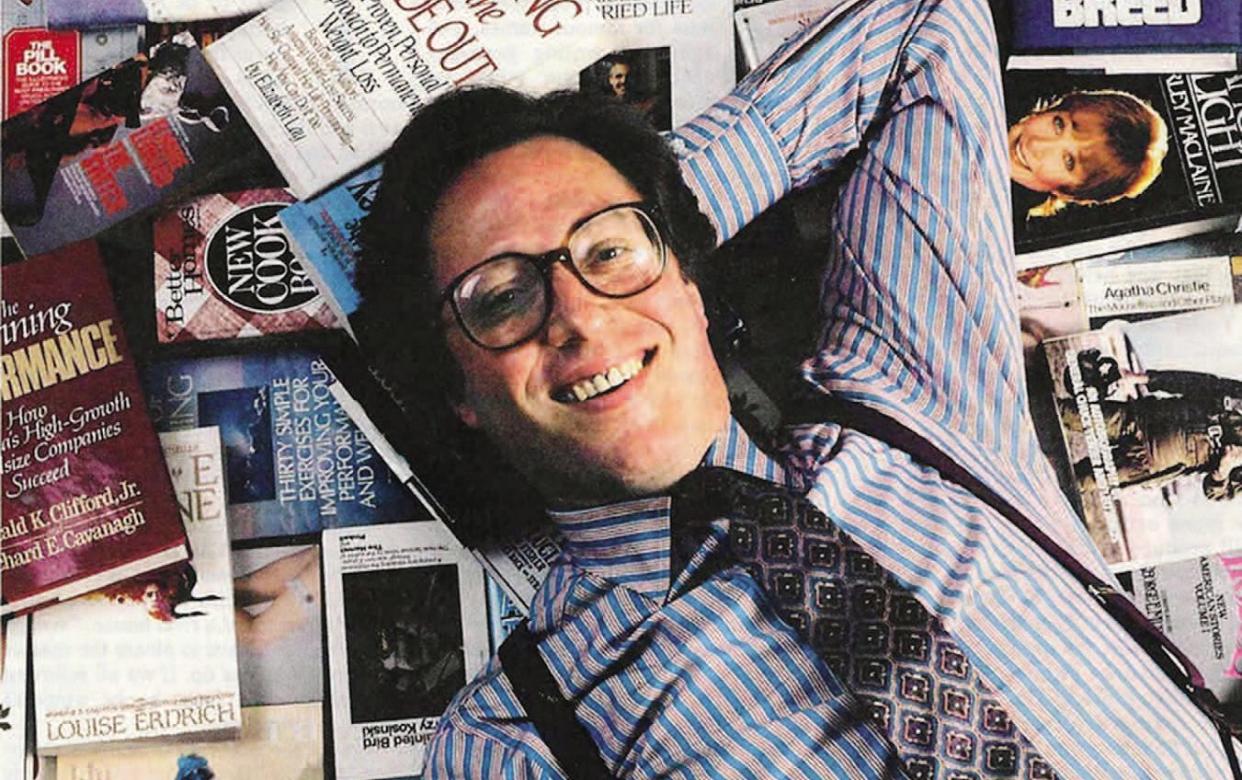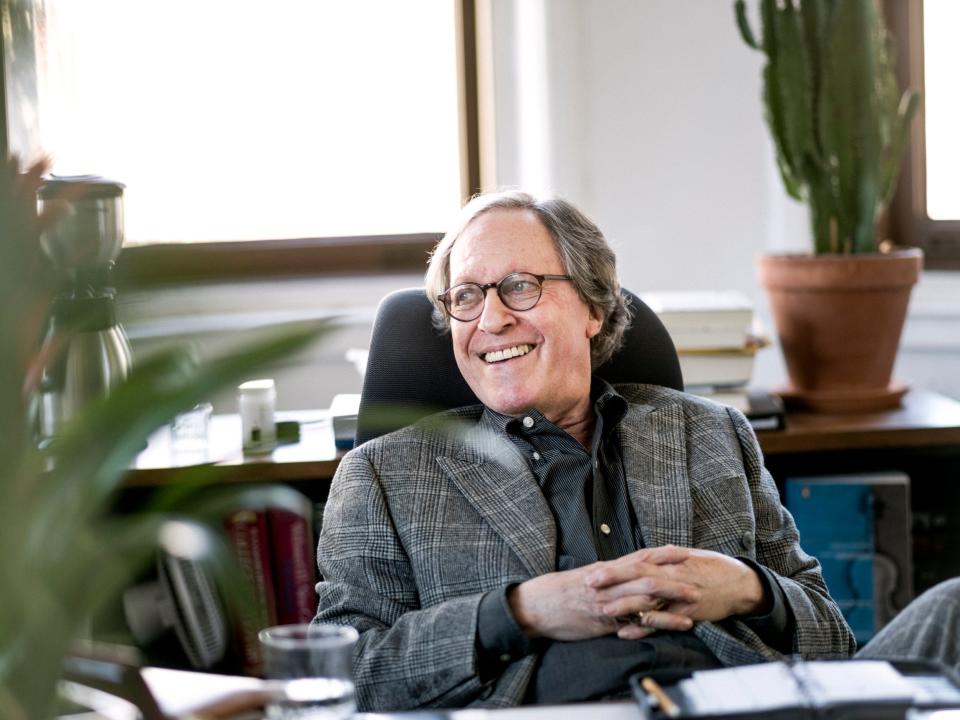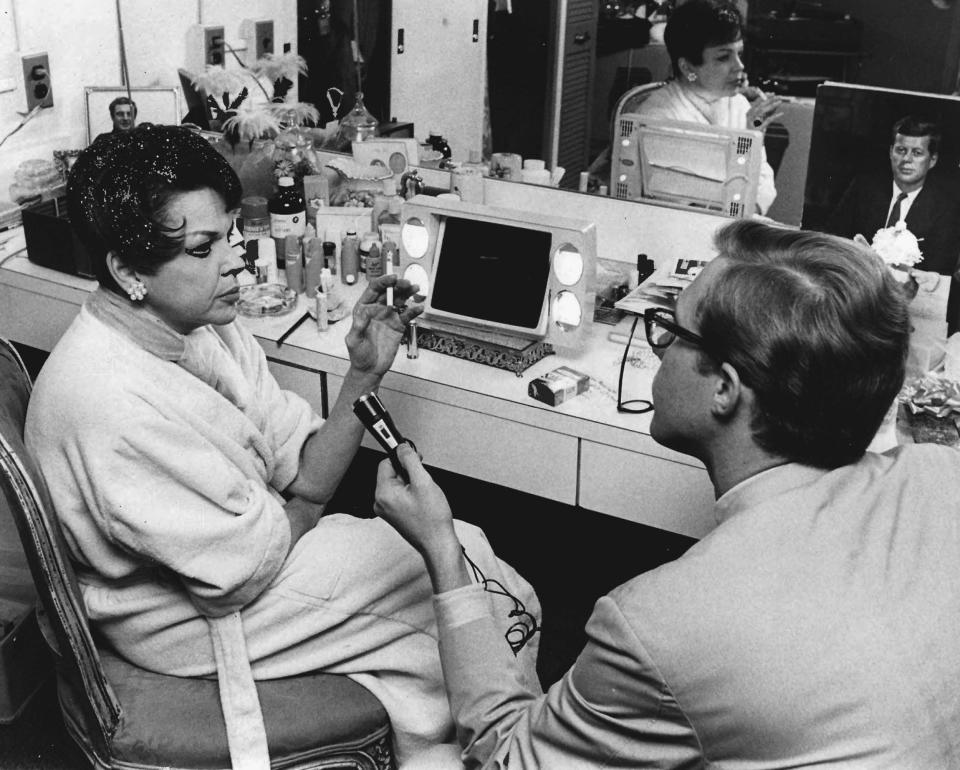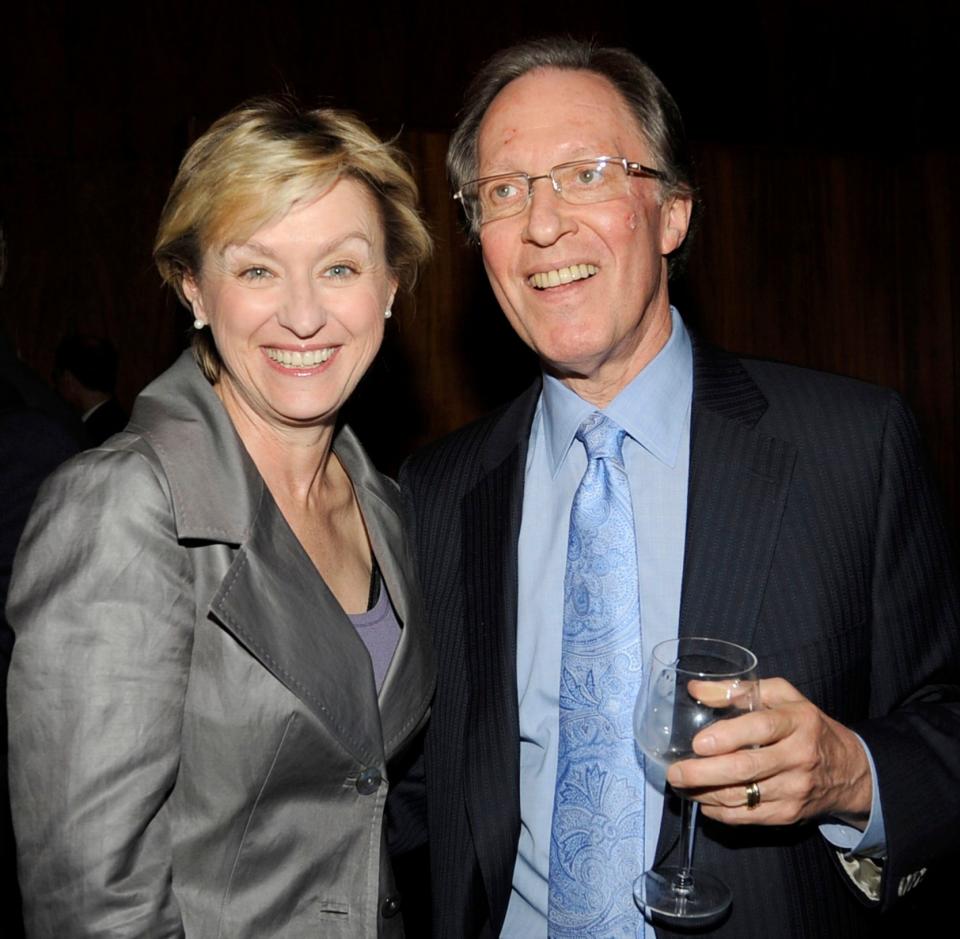Stephen Rubin, publishing hitmaker behind The Da Vinci Code and John Grisham – obituary

Stephen Rubin, who has died aged 81, predicted that obituaries would distil him as the “publisher of The Da Vinci Code”, but the New Yorker who was once described as “the quintessential hitmaker of the book world” was also behind two other publishing phenomena – Michael Wolff’s Trump exposé, Fire and Fury, and the novels of John Grisham.
In 2001, Rubin was president of Doubleday, part of Random House, when the firm hired a new editor who asked to bring one of his authors with him: an unknown novelist called Dan Brown. A year later, Brown delivered the first 150 pages of The Da Vinci Code, his thriller about Robert Langdon (a Harvard symbologist), some art historical riddles, and an esoteric “bloodline of Christ” subplot.
Rubin was enchanted. He ordered 10,000 advance copies of the finished novel, rather than the usual 3,000, to maximise buzz. The teaser campaign featured the Mona Lisa, with the words: “Why Is This Man Smiling?” On the day before publication in March 2003, the New York Times broke Rubin’s embargo to run a rave review: “The word is ‘wow’. Better than Harry Potter!”
The Da Vinci Code went on to sell more copies in a single year than any adult novel before it, and has since sold 200 million copies worldwide. It spawned a film and made Brown’s earlier novels – flops at the time – bestsellers too; since they were still being published by his old firm, Simon & Schuster, the CEO, Jack Romanos, took Rubin out to lunch to say thank-you. That year Rubin got a $1 million bonus from Doubleday.

In 2006, when the authors of a non-fiction work, The Holy Blood and The Holy Grail, sued The Da Vinci Code’s publishers for infringement of copyright, Rubin had to testify at the London trial. As a self-described “faux Brit” – he kept a flat in Kensington, bought during a stint in London in the mid-1990s as chairman of Transworld – Rubin loved the arcana of the High Court.
The eccentric judge Mr Justice Peter Smith proceeded to embed his own secret code in his judgment (when solved it reveals its name as “the Smithy Code”) and wrote of Rubin: “His enthusiasm of [sic] the book knew no bounds. I am not sure that it is as good as he says but then I am no literary person.” But he ruled in favour of The Da Vinci Code’s publishers.
Rubin would send Dan Brown lavish cases of Italian wine – “a secret plot, he joked, to saddle me with a refined palate so I could never afford to stop writing,” Brown said. He also invested heavily in John Grisham, then an unknown former Mississippi state legislator, with an expensive advertising campaign for his 1991 novel, The Firm.
Rubin went on to publish 23 of Grisham’s books, involving himself in everything from cover design to plot. Grisham recalled: “Even… when I’d sold so many books you wouldn’t think I’d have to listen to anybody, Steve wouldn’t spare me the tough criticism – and he’d often be right.”
Stephen Edward Rubin was born on November 10 1941 in the Bronx to middle-class Jewish parents, Evelyn, née Halpern, and Irving Rubin, who ran a buckle-manufacturing plant in Brooklyn. Classical music blared from the radio when Stephen was in his high chair, and with his bar mitzvah cash he bought a Carmen record. Aged 12, he saw his first opera at the Met, a charity performance of Offenbach’s Tales of Hoffmann, and was transfixed – but almost as mesmerised by the flashily dressed audience (“fartootsed to the nth,” he recalled in his memoir).

As a student at NYU, he wrote spiky classical music reviews, then interned at the World Journal Tribune in New York, where his first assignment was to cover the arrival of The Beatles. He then cut his teeth at United Press International, writing captions for photographs of the Vietnam War, and interviewing stars including Judy Garland and Marlene Dietrich.
In 1971 he broke into the New York Times arts section and became known for his rude questions, asking the soprano Renata Scotto: “Aren’t you too short to sing Tosca?” To which she snapped back: “Is not de height dat maka de stature!”
His greatest regret was an unsympathetic interview with Dmitri Shostakovich, in which he made hay with the tortured composer’s nervous tics. In 1974 he published his opera pieces as The New Met in Profile, which both ruined his relations with the Met and sold badly, as classical music books tend to do; a lesson he later relearnt, painfully, as a publisher.
His swerve into publishing was accidental. He was a founding editor of Vanity Fair, but quit in exasperation after 18 months and took a job with Bantam Books, paperback publisher of bestsellers such as Jaws and The Exorcist, as well as Portnoy’s Complaint. Within a year, he was editor-in-chief, and he pioneered a ballsy approach to pricing: “If readers want a book, they will pay for it.”
The first original novel, rather than reprint, he published was the sexy potboiler Destiny by Sally Beauman, for which he paid $1,015,000 – then the highest advance for a first novel, but it went on to be a huge hit. He then paid a record advance for a work in translation, $250,000 for Jorge Amado’s Showdown, which cemented his reputation as a gambler. As he wrote: “Trying to publish big-ticket bestsellers is the riskiest game you can play… I do not care what scientific method you think will work – it won’t. You sit and ‘do the numbers’… but ultimately it’s a shot in the dark.”

Speed was of the essence. When the Tower Commission report came out in 1987 about the Iran-Contra scandal, Rubin assembled a war room. “The report was released on a Tuesday, and I had a finished book plus press release by Thursday.”
In 1990 he was brought in to save the troubled Doubleday, where he would have his greatest successes. One of his editors was Jackie Onassis, whom he found committed and conscientious, occupying a small, tacky office where she munched celery and carrots wrapped in tinfoil.
Rubin himself only edited one book hands-on – Sebastian Faulks’s A Week in December, the hero of which, he told the author, was “boring”. Revamped, it did well. But in 2009 he left Penguin Random House, disgruntled by the merger, and turned around Macmillan’s Henry Holt imprint, where he published Hilary Mantel and Paul Auster.
Bill Thomas, Rubin’s editor-in-chief at Doubleday, likened him to a great opera singer: “Oversized, brash, and dramatic, sartorially resplendent, and given to big gestures. He was, in a word, ‘grand.’”
Last year Rubin published an autobiography, Words and Music.
In 1966, he started dating Cynthia Robbins, a manager and publicist for opera stars, and they later married. She predeceased him in 2010, and in her honour he founded the Stephen and Cynthia Rubin Institute for Music Criticism at the San Francisco Conservatory of Music.
Stephen Rubin, born November 10 1941, died October 13 2023

 Yahoo News
Yahoo News 
